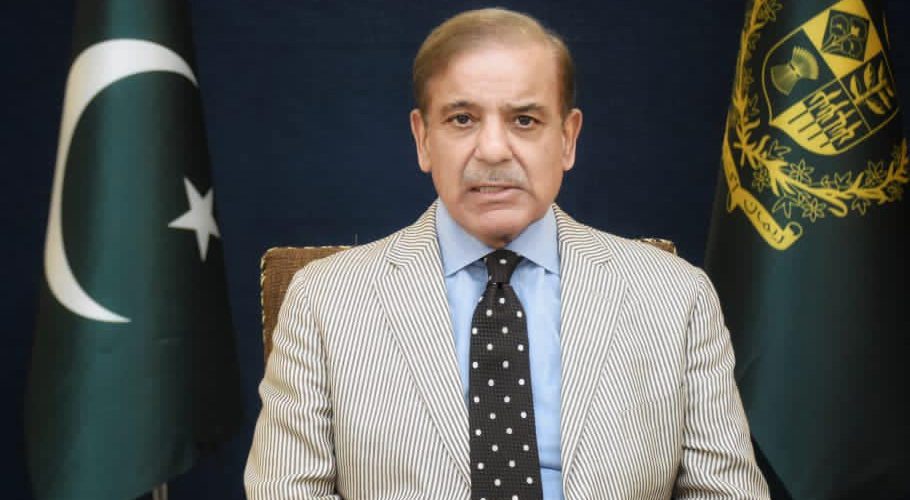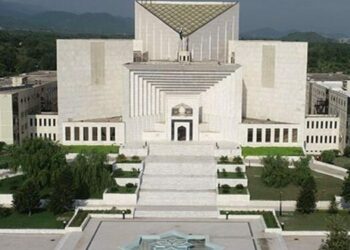Prime Minister Shehbaz Sharif has said that Pakistan will have to agree to IMF bailout conditions that are ‘beyond our wildest dreams’.
An International Monetary Fund (IMF) delegation landed in Pakistan on Tuesday for last-ditch talks to revive vital financial aid that has stalled for months.
The discussions covered details of expenditures and revenue performance to identify the policy measures — both revenue and non-revenue — that would have to be taken over the next four months of the current fiscal year.
At a meeting of the apex committee over terrorism in Peshawar, PM Shehbaz took the various provincial heads into confidence on the possible impact of these harsh measures on the people of the country.
Also read: Sheikh Rashid sent on 14-day judicial remand
The government has held out against tax rises and subsidy slashing demanded by the IMF, fearful of backlash ahead of elections due in October.
“I will not go into the details but will only say that our economic challenge is unimaginable. The conditions we will have to agree to with the IMF are beyond imagination. But we will have to agree with the conditions,” Sharif said in televised comments.
The Fund’s most unpopular demand, according to Dawn, entailed the discontinuation of an exemption for lifeline electricity consumers, i.e. those consuming under 300 units. Statistics show that 88 per cent of power consumers in Pakistan fall within this definition.
The increase in power tariffs for this bracket will hit the poorer segments the hardest, but sources said the Fund was not even willing to accept reducing the threshold from 300 to 200 units. This, it is said, will be another widely unpopular decision.
The International Monetary Fund (IMF) has expressed concern over fiscal indiscipline and mismanagement in government departments. The global lender has expressed dissatisfaction over persistent deficit in state owned entities.
“There is lack of improvement in electricity and gas transmission losses,” IMF pointed out. “Pakistan continuously bearing losses in the energy sector,” IMF delegation observed. “It insisted for privatization of the state entities bearing losses,” according to ARY News.
Also read: Wikipedia urges Pakistan to restore access to its service
The monetary fund has also demanded restricting the state interference in the economy by privatization as well as it is insisting on regular audit in government departments.
The lending institution has demanded an early privatization of Balloki and Haveli Bahadur Shah LNG power plants, privatization of government banks running in losses, House Building Finance Corporation and other state-owned entities, sources said.
IMF delegation has also demanded to scale down monetary losses in the PIA, Steel Mills and other state entities, sources added.
Pakistan’s economy is in dire straits, stricken by a balance of payments crisis as it attempts to service high levels of external debt, amid political chaos and deteriorating security.
Foreign exchange reserves dropped again this week to $3.1 billion, which analysts said would be enough to cover less than three weeks of imports, while the rupee is at a record low against the US dollar.
The world’s fifth-biggest population is no longer issuing letters of credit, except for essential food and medicines, causing a backlog of thousands of shipping containers at Karachi port stuffed with stock the country can no longer afford.
The government loosened controls on the rupee to rein in a rampant black market in US dollars, a step that caused the currency to plunge to a record low, and hiked petrol prices by 16 percent.
But the IMF wants further hikes to artificially cheap petrol, electricity and gas prices, designed to help low-income families, and the withdrawal of tax exemptions for the export sector and a boost to the pitifully low tax base.



































